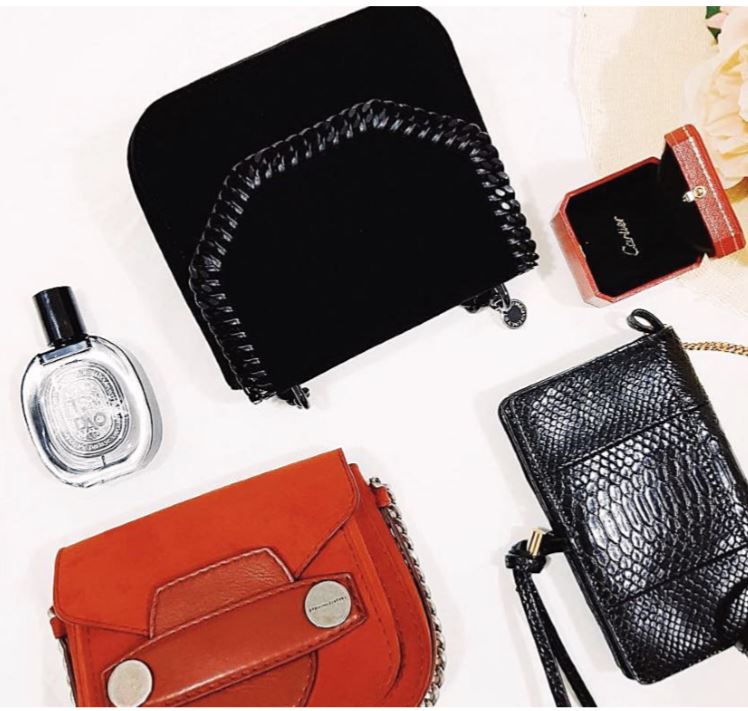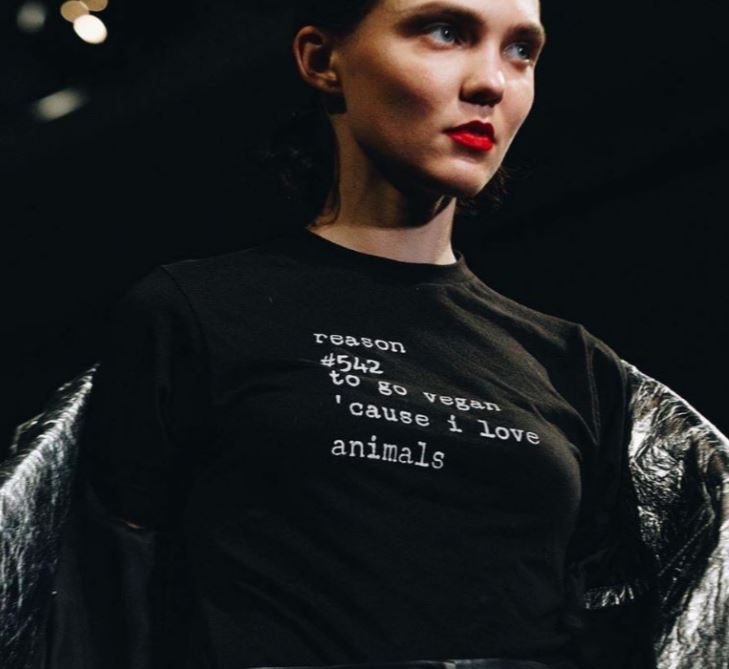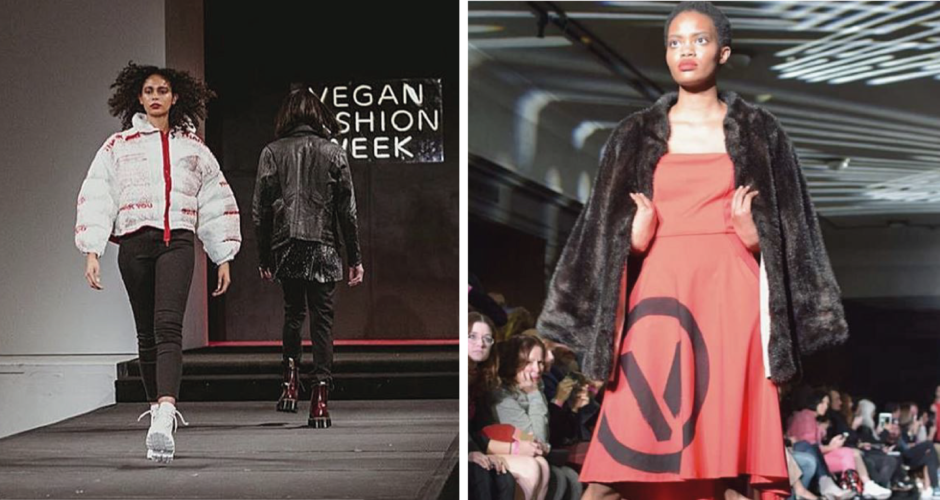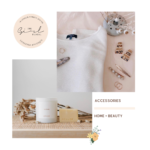Fashion is no longer only defined by how a person looks in a certain style, but also how they feel. It has become a revolution in an attempt to discover the social, economic, and environmental impacts surrounding the use of animals in the industry. Many people still want the luxurious aesthetic that they wear in their day to day lives, but with a clear and conscious mind, and without the exploitation of animals. Joining the likes of Stella McCartney, an increasing number of luxury brands such as Versace, Michael Kors, Gucci, Coach, Burberry, and, Chanel, have committed to no longer using fur in their designs.
2019 Edition
This year, LA became the largest US city to place a ban on the selling of furs and host the first ever Vegan Fashion Week. Produced and curated by creative director and animal rights advocate, Emmanuelle Rienda, the event offered cruelty free fashion, beauty, food, and innovative alternatives sourced globally, with over 50 vegan companies in attendance.
Rienda stated “I want to ignite conversations and debates within the industry by educating, elevating, and drawing connections between our most important values: our respect for human life, animal rights, and the environment.” The launch of this event took place at the Natural History Museum of Los Angeles, with a selection of animal-free designer pieces on the runway.
During the fashion show, designs were shown from Dr. Martens, Matea Benedetti, Noemie Devime, Altiir, Bayem, Ecopel, Enda, Mistohn, Sarah Regensburger, Chloé Trujillo, Vegan Club, WastedLA and Arsayo. These collections included recycled organic cotton, pineapple and apple leather, eco-friendly faux fur, recycled bottles and cork. This not only brought to light cruelty-free fashion, but also the importance of sustainability in the industry.

Vegan Fashion Week
Other companies that have supported cruelty-free fashion include SUSI Studios – making lovely cruelty-free footwear from recycled rubber and other sustainable materials, Vaute – taking recycled fibers and creating gorgeous textiles, and Matt & Nat – creating their collections out of different recycled materials such as recycled nylons, cardboard, rubber and cork. With so many amazing options to use as alternatives to animal products, veganism is becoming a much more viable option to be a part of the mainstream fashion industry and culture.
The goal of Vegan Fashion Week
As Vegan Fashion Week came to an end, Rienda looked forward to the future of her new event brand. “The goal of Vegan Fashion Week was that brands, at any stage of vegan fashion or sustainability, can come together for discussion and extend the idea to come up with solutions that are good for people, the environment and animals,” she said. “Vegan Fashion Week is going to exist until every fashion house decides this is the norm. There is no room for cruelty or for ways of doing fashion that is polluting this planet.”

Vegan cause I love animals
The first installment of Vegan Fashion Week closed with a private fund-raising event on February 4th. According to Rienda, plans are now being made to hold a second edition of the event in September in New York or Paris. With the revolution taking place to make the fashion industry more sustainable, Vegan Fashion Week is just the beginning.
When it comes to sustainability, Copenhagen Fashion Week is a must! Check our last post to find out how they worked with some aspect of sustainability and their passion for finding environmentally friendly solutions in the fashion industry.





